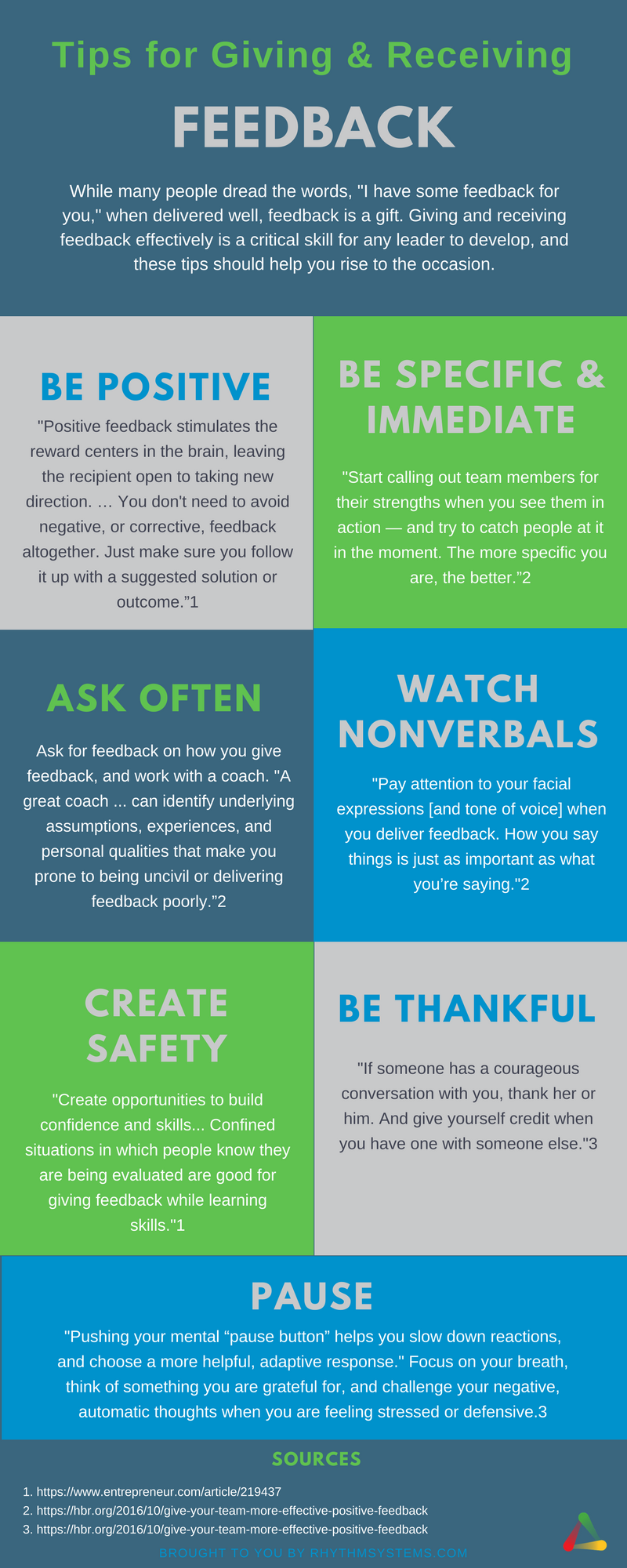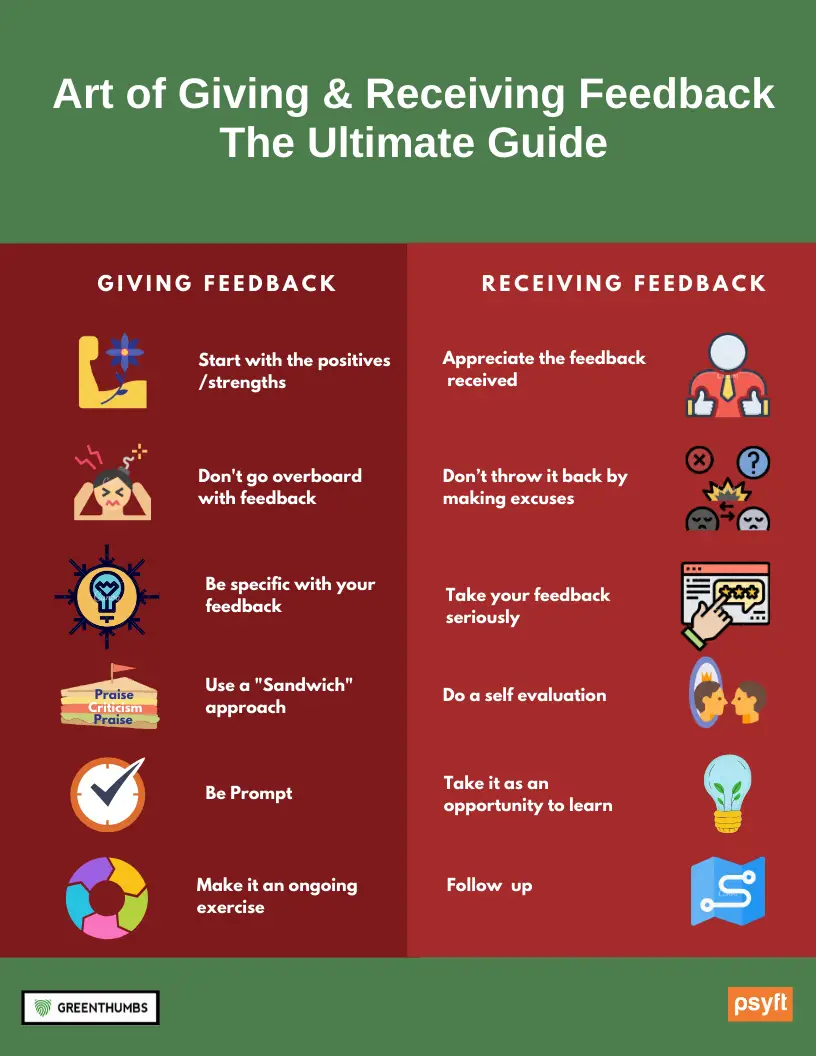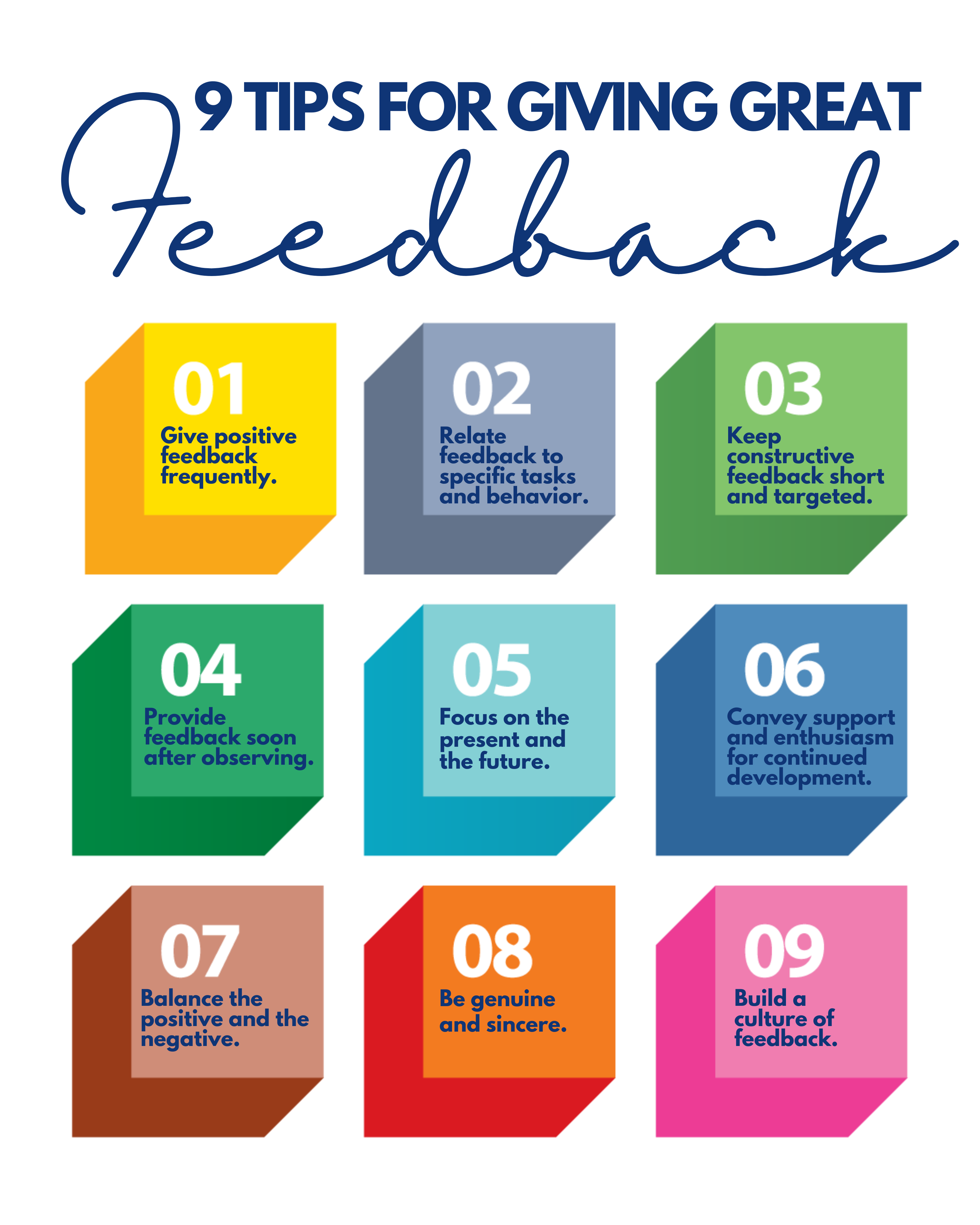Effective Code Review: Tips For Giving And Receiving Feedback

Executive Summary

Code review is a critical part of the software development process, helping to identify and fix bugs, improve code quality, and share knowledge among team members. This article provides a comprehensive guide to effective code review, covering both providing and receiving feedback in a constructive and collaborative manner.

Introduction
Code review is an essential practice in software development, allowing team members to collaborate and improve the quality of their work. By providing feedback on each other’s code, developers can identify and fix bugs, improve code quality, and share knowledge among team members. This article explores the importance of code review and presents tips for providing and receiving feedback effectively.
General Tips
- Establish clear guidelines: Define the purpose, scope, and expectations of code reviews. This includes specifying the level of detail required, the types of feedback to provide, and the turnaround time.
- Prepare before review: Take the time to familiarize yourself with the code and any relevant documentation. This will help you provide more informed and specific feedback.
- Focus on the code, not the person: Feedback should be constructive and focused on the code itself, avoiding personal attacks or subjective opinions.
- Be clear and specific: Use precise language and provide concrete examples to highlight specific issues in the code.
- Provide actionable suggestions: Don’t just point out problems; offer suggestions for how to resolve them.
Tips for Giving Feedback
- Be timely: Provide feedback promptly while the code is still fresh in your mind.
- Use the right tone: Be respectful and avoid using accusatory or judgmental language.
- Balance positive and negative feedback: Highlight both the strengths and weaknesses of the code to maintain a sense of collaboration.
- Use a structured approach: Organize your feedback by category or type of issue to make it easier to understand and address.
- Suggest improvements: Instead of simply rejecting code, provide suggestions for how it can be improved or refactored.
Tips for Receiving Feedback
- Be receptive: Approach code review as an opportunity for learning and improvement.
- Take time to understand the feedback: Carefully consider the feedback and ask clarifying questions if needed.
- Don’t dismiss feedback: Even if you don’t agree with it, consider the rationale behind the feedback and be willing to revise your code based on valid criticism.
- Address feedback promptly: Respond to feedback in a timely manner and explain your reasoning for any changes you make.
- Collaborate with the reviewer: Reach out to the reviewer if you have any questions or need further clarification.
Conclusion
Code review is a valuable tool for software development teams, helping to improve code quality, identify bugs, and share knowledge among team members. By following the principles outlined in this article, both reviewers and developers can engage in a constructive and collaborative process that benefits the entire team.
Keywords
- Code Review
- Software Development
- Feedback
- Collaboration
- Code Quality

This is a great article on how to give and receive feedback. I especially like the tip about being specific and actionable. It’s so important to be able to give feedback that the recipient can actually use to improve their work.
This article is full of great tips for giving and receiving feedback. I especially like the tip about being mindful of your tone. It’s so important to be respectful and constructive when giving feedback, even if you’re not happy with the work.
I found this article to be very helpful. I’ve been struggling to give feedback in a way that is both helpful and respectful. The tips in this article have given me some great ideas on how to improve my feedback skills.
This article is a must-read for anyone who works in a collaborative environment. Giving and receiving feedback is an essential part of working together, and this article provides some great tips on how to do it effectively.
I disagree with the author’s assertion that feedback should always be specific and actionable. Sometimes, it’s more important to give general feedback that helps the recipient to understand their overall strengths and weaknesses.
This article is full of platitudes and cliches. It doesn’t offer any real insights into how to give or receive feedback effectively.
I’m not sure what the point of this article is. It’s just a bunch of common sense advice that anyone could have figured out on their own.
This article is a great example of how to write about nothing in a way that sounds like you’re saying something important.
I can’t believe I wasted my time reading this article. It’s full of nothing but empty platitudes and meaningless jargon.
This article is the epitome of uselessness. It’s like the author sat down at their computer and just started typing whatever came to mind.
I’m not sure what the author was trying to say with this article. It’s all over the place and doesn’t really make any sense.